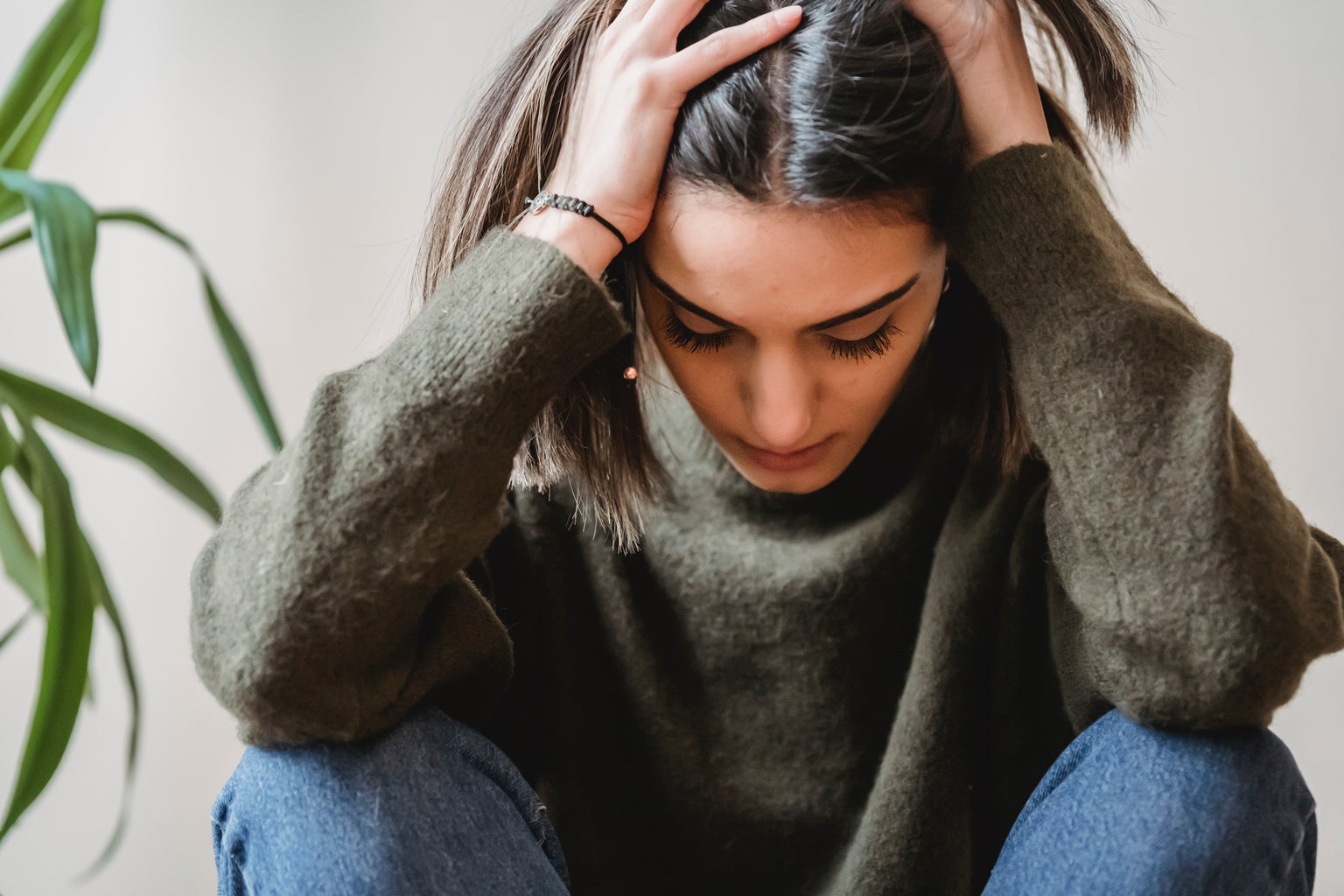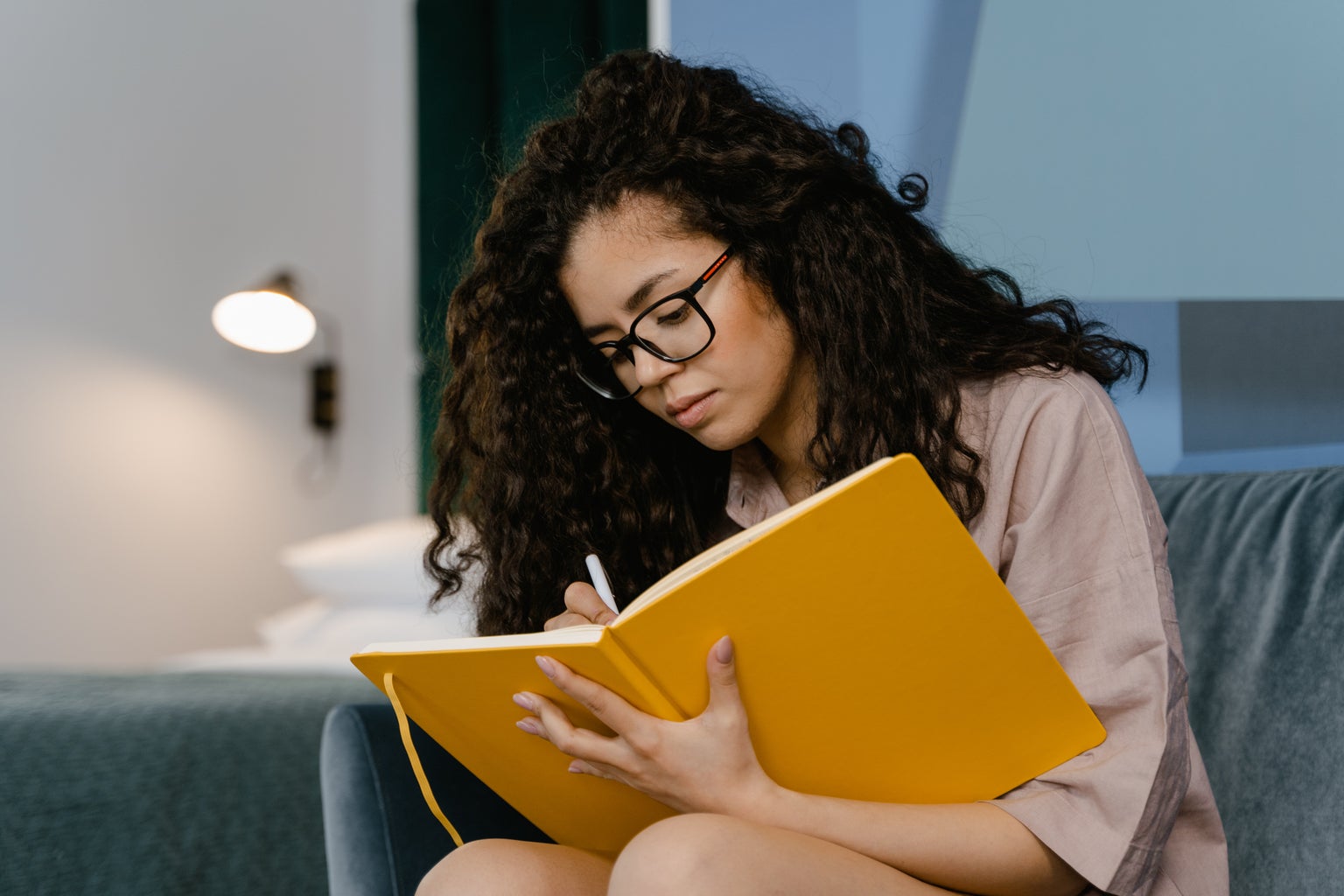Content warning: This story includes discussion of gun violence and mass shootings. For those living in the United States, it is an unfortunate reality that mass shootings are not only fearsome but frequent. As of March 8, 2023, there have been 105 mass shootings in the U.S. this year alone. In 2020, the number of firearm-related deaths surged by 15% from 2019, the highest number since 1968, when the CDC began tracking deaths from firearms. According to March for Our Lives, over 100 Americans are lost to gun violence every day — more specifically, 124, as shown in 2020 data reported by the Center for Gun Violence Solutions.
The frequency of gun violence has inevitably resulted in a widespread form of anxiety that specifically relates to this fear and can plague those who suffer from it. In the wake of this ongoing crisis, I had the opportunity to ask licensed clinical social workers Tabitha Giaquinto and Stacy McWhinnie and licensed mental health counselor Jessica Sweeney (who also founded Sunglow Counseling) about mass shooting-related anxiety and how to cope with it as a college student.
What is mass shooting anxiety?
In a time where people around the country are exposed to such tragic events in such rapid succession, there is a ripple effect on those who witness them, whether it be first or secondhand. A 2020 American University study that examined community impacts following a mass shooting identified a 21% increase in the use of antidepressants by gun violence-impacted youth. A 2022 report from the ADAA says the amygdala, the fear area of our brain, responds to exposure to violent or fearful images, which can lead to distress. This distress can appear as PTSD, depression, or as a form of anxiety and panic.
Mass shooting anxiety can manifest differently from person to person.
Like most anxiety disorders, mass shooting anxiety isn’t textbook for everyone who experiences it. Factors such as your direct or indirect connection to the shooting, or your relationship to people lost in one, can affect the severity of your symptoms. Truly, the presence of symptoms at all is worth attention and care.
“Some symptoms of mass shooting anxiety could include intense fear of going to public places, avoidance of public places, social isolation and withdrawal, feeling a lack of control, restlessness, irritability, negative belief systems, panic attacks, and nightmares,” Giaquinto tells Her Campus.
Mass shooting anxiety can cause individuals to view the world in a fearful way, thus forcing distance between themselves and the community around them. This avoidance of public places “leads to catastrophic thinking, which is a type of cognitive distortion where our brains think of worst-case scenarios happening,” Sweeney says.
There are signs of extreme mass shooting anxiety to look out for.
If you or someone you know is particularly suffering from mass shooting anxiety, there are some markers that may signal the anxiety is becoming particularly extreme. “It becomes a more serious problem when people start to isolate, memories and fear intrude in daily activities, and when function is impaired,” McWhinnie says. Giaquinto says if you’re behaving outside your norm, “it is best to reach out immediately for the support of a professional. Mass shooting-related anxiety and trauma can become debilitating, and addressing those feelings and symptoms sooner rather than later is crucial.”
Many people struggle with mental health as it is, but mass shooting anxiety can exacerbate this, and it’s better to tackle it head-on if you have the ability to do so.
Coping mechanisms can be both internal and external.
“If you or someone you know is experiencing anxiety related to mass shootings, you are not alone, and there is help available,” Giaquinto says. The first stage of help includes coming to terms with your own feelings and finding at-home ways to treat them. Taking basic care of yourself in ways similar to coping with standard anxiety may be a good place to start. “Distancing yourself or taking a break from the news or media, spending quality time with loved ones, deep breathing exercises, grounding exercises, practicing daily gratitude, honoring your feelings, and journaling can help you gain some relief,” Giaquinto says.
If, after implementing these changes, your symptoms persist and you have the means, McWhinnie recommends EMDR therapy, which is known to tackle specific traumatic experiences or PTSD. While therapy is not accessible to all, it is an option worth exploring if you feel you need some support while processing what you’re going through. “Anxiety can feel very hard and very big, but you are not alone, and anxiety is treatable. Experiencing anxiety is something that most people wrestle with, and the faster you begin working on it, the faster you have the chance to begin feeling better,” says Sweeney.
Remember, you’re not alone in your anxieties.
While mass shootings are a general threat to our safety, it is important to recognize when the worst-case scenario is just that: a scenario in your head. “Experiencing anxiety or fear that something terrible will happen to you or someone you love does not mean that it is an undeniable fact that something terrible will happen,” says Giaquinto.
In this digital age, it’s easy to be bombarded with fear and feel helpless behind a screen. A looming sensation of disaster is inevitable when you can always see when something tragic happens. Sweeney advises people to take this relationship with social media into account. “We have a certain amount of control over what media we observe and consume; please remember that if you feel that triggered by fears around you,” she says.
Anxiety can often create a barrier and make you feel isolated from the world around you. But in reality, there are countless others who are experiencing similar emotions. Reaching out, connecting with others, and reminding yourself that you are not alone in your struggle are healthy ways to cope.
If you or someone you know is seeking help for mental health concerns, visit the National Alliance on Mental Illness (NAMI) website, or call 1-800-950-NAMI(6264). For confidential treatment referrals, visit the Substance Abuse and Mental Health Services Administration (SAMHSA) website, or call the National Helpline at 1-800-662-HELP(4357). In an emergency, contact the National Suicide Prevention Lifeline at 1-800-273-TALK(8255) or call 911.




